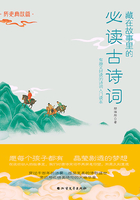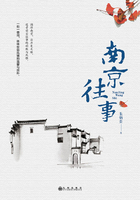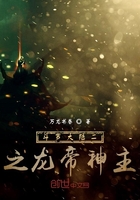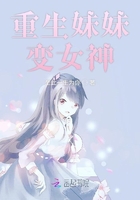Lu You, a patriotic poet in the Southern Song Dynasty (1127-1279), strongly claimed to resist the Jin Dynasty (265-420) and objected to compromise. However, the ministers who wanted to surrender strived to push him aside, and kept telling the emperor that Lu You only enjoyed flowers and wrote poems all day long, and loafed about every day. As a result, Lu You was dismissed to return home.
Full of irritation, Lu You returned to his hometown, and often enjoyed himself in the
nature to release his sorrow.
One day, the wind was mild, the sun was shining and the temperature was pleasant, so Lu You wanted to relax himself on such a good day. After walking for more than two hours, he climbed a slope to see the mountain and waters ahead, forming magnificent views. However, there was no way leading to his destination. Invited by the views, Lu You didn’t want to go back, so he continued making his way in the forest. After walking around the foot of the hill, he suddenly found a vast farmland ahead, and a small village with tens of households concealed in green willows and red flowers, just like the worry-free world in the fairy tale. Lu You was very glad, and entered the village to visit the villagers. The villagers also warmly entertained this guest from outside the hill, and the neighbors also entertained Lu You warmly, and prepared banquets to receive him. The simple folk customs moved Lu You very much. He was inspired to write a poem named A Visit to a Village to the West of the Hill.
The poem contains the following two lines: “Where hills bend, streams wind and the pathway seems to end past dark willows and flowers in bloom lies another village.”
This proverb, which comes from A Visit to a Village to the West of the Hill, and originally means green willows that form shades and flowers blossom. Later, people often use this proverb to describe the situation that an opportunity occurs during a crisis.














